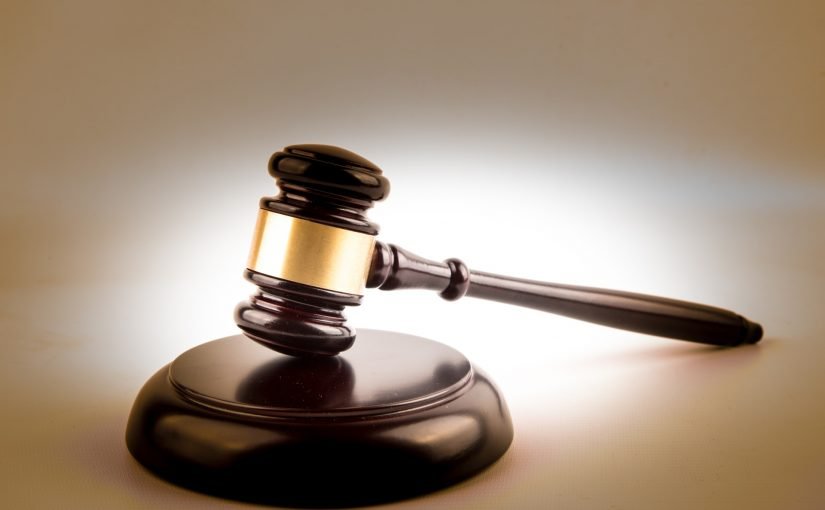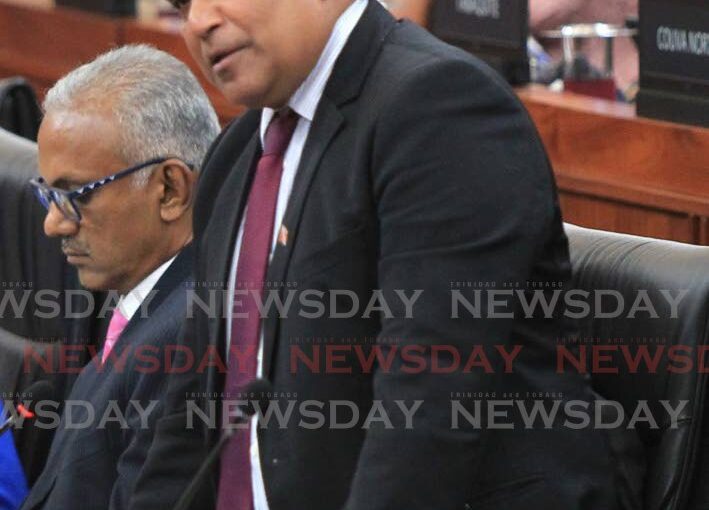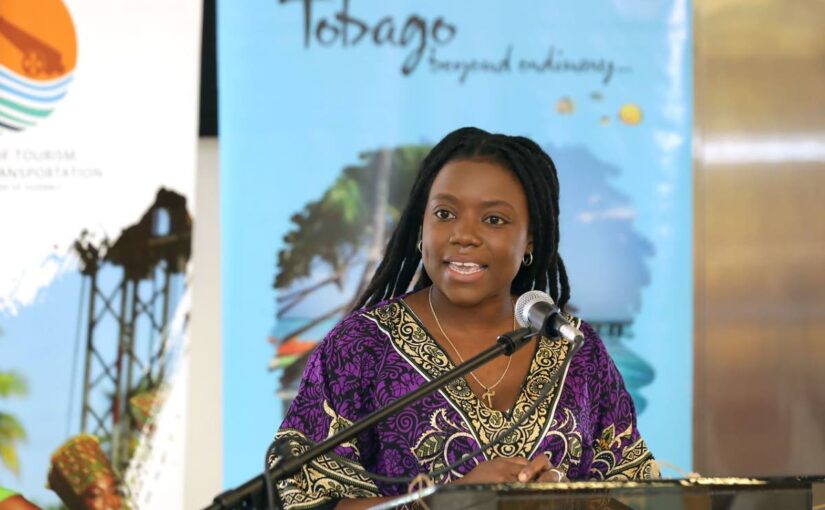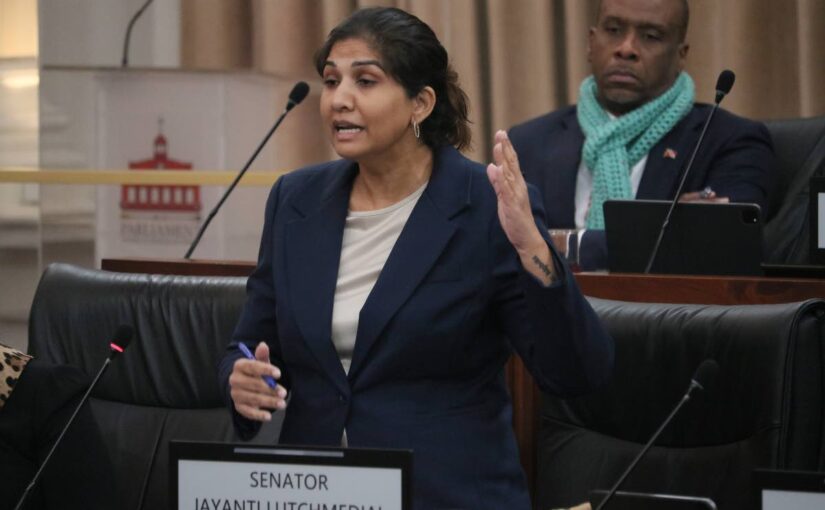Advocates call for action on reparation issue: Ex-colonies won’t accept Britain’s ‘disrespect’
 28 October 2024
28 October 2024
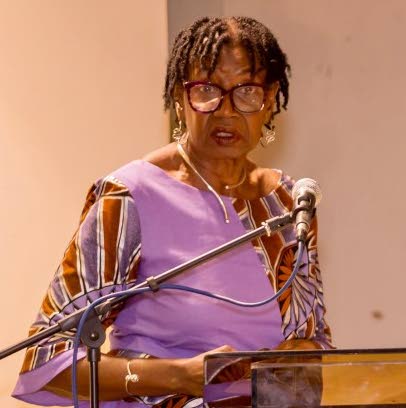

Khafra Kambon. - File photo by Angelo Marcelle
ADVOCATES for reparations for hundreds of years of enslavement of Africans are calling on the Commonwealth to take some sort of action against the British government’s decision to exclude reparations from the agenda of the recent Commonwealth Heads of Government Meeting (CHOGM) in Samoa.
The 2024 CHOGM took place from October 21-26 and, even before the start of the summit, the British government said the issue of reparations would not be on the agenda. But Commonwealth leaders included a paragraph on reparatory justice in the summit communique.
The document, signed by 56 heads of government, including UK Prime Minister Sir Keir Starmer, noted the calls for “discussions on reparatory justice” for the transatlantic slave trade. And that it was time for a “meaningful, truthful and respectful conversation towards forging a common future based on equity.”
It said, “Heads further agreed to continue playing an active role in bringing about such inclusive conversations addressing these harms, paying special attention to women and girls, who suffered disproportionately from these appalling tragedies in the history of humanity.”
In his address on October 25, King Charles III said, “I understand, from listening to people across the Commonwealth, how the most painful aspects of our past continue to resonate. It is vital, therefore, that we understand our history, to guide us to make the right choices in the future.”
>
Historian Dr Rita Pemberton told Newsday the UK government refused to put the topic on the agenda because CHOGM was made up of representatives of former colonies. She expected there would be some comments and action from those nations for that “disrespect.”
“Reparations is an issue that has to be dealt with. So whether they are prepared, the present Monarch of England and his Prime Minister or anybody else, to discuss reparations on any international forum, it is not going to kill the issue.
“It is going to remain because there is conviction in the colonised world that reparations are necessary. Planters were compensated for what was termed their loss of labour and therefore, the labour now has to be compensated.”
She said the “labour” and their descendants did not have a chance to establish themselves properly because they systems operated in such a way as to prevent them from reaching their full potential.
Pemberton compared the situation to the Windrush scandal, saying slavery was another of the UK government’s activities that would “come right back to haunt them.”
The HMT Empire Windrush was the ship that brought some of the first post-World War II migrants from the Caribbean to Britain.
Historian Dr Rita Pemberton. -
Some were wrongly detained or deported from the UK, denied legal rights and threatened with deportation. They lost their jobs or homes, had their passports confiscated, or were denied NHS healthcare. A compensation scheme began in 2019.
She said with members of the Labour Party in favour of reparations, she believed the British government had to be prepared to discuss it and to pay at some point.
>
Khafra Kambon, director of Regional and Pan-African Affairs of the Emancipation Support Committee, one of the leaders of the Black Power movement and a strong supporter of reparations, said reparations was a major issue of justice, the discussion of which one country should not be able to decide on.
“I feel CHOGM should be disbanded, or have it without Britain. We can’t get on like Britain is the head of something any more. How could they determine for all these countries that you can’t discuss one of the critical movements for justice of the time?”
He said reparations was not an issue for side discussions and, if country leaders went along with that decision, they might as well still be in the colonial days. He believed the populations of the Commonwealth countries should take a strong stand against the “madness” of taking reparations off the agenda.

